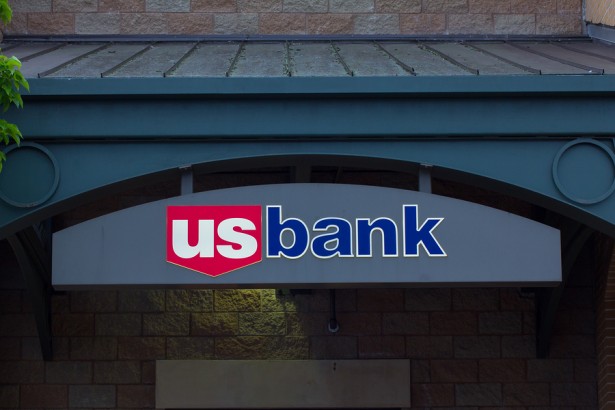U.S. Bancorp, or U.S. Bank, will pay $57 million in consumer reimbursements and penalties after a federal regulator ruled that the financial institution unfairly charged more than 420,000 customers for credit-monitoring and identity protection services that they never received in the first place.
According to a consent order by the Consumer Financial Protection Bureau (CFPB), consumers will be given $48 million in relief over the Minneapolis-based bank’s “Privacy Guard” and “Identity Secure” services being sold as add-on products for credit cards and other financial products from 2003 to early 2012.
U.S. Bank will also dole out $5 million as part of a penalty payment that will be distributed to the CFPB’s Civil Penalty Fund.

The listed programs were administered by Affinion, the bank’s third-party vendor, and they needed to have authorized written consent from customers prior to the activation of the services. CFPB noted that customers were immediately charged for the services when they enrolled, though the authorization process was delayed or incorrectly processed.
Once the programs were instituted, the CFPB purports that customers were charged fees for several years for services they never received; the incorrect charges caused customers to surpass their credit limit and thus created additional charges; and customers thought their credit was being monitored, but the protection services were never enforced or only partially performed.
CFPB Director Richard Cordray said in a statement that the organization consistently warns financial institutions regarding add-on products, and the federal agency will continue to ensure customers are protected from these infractions.
“Today’s action will provide $48 million in relief to U.S. Bank customers who were illegally charged for identity protection services they did not receive,” stated Cordray. “We have consistently warned companies about practices related to add-on products and we will do what is necessary to prevent further harm to consumers.”
U.S. Bank also issued a statement explaining that it took action as soon as it discovered the error.
“As soon as we became aware of the issues with Affinion, we took swift action to protect our customers and ultimately discontinued our relationship with Affinion approximately two years ago,” the bank said. “We will be compensating customers who did not receive full services from Affinion and providing our apology.”
It added that the penalties and consumer reimbursement will not have an effect on older financial quarters and will not hurt the current period’s earnings.
This isn’t the first time that Affinion has gotten into trouble. The company agreed to pay $30 million in a settlement last year over accusations that it misled consumers into acquiring discount memberships. The lawsuit spanned over 47 states and the District of Columbia.
In recent months, the CFPB has implemented a number of enforcement actions regarding bank add-on products from Bank of America, JPMorgan Chase, Capital One, Discover and American Express, which have collectively paid out $1.4 billion in customer refunds in relation to similar matters.



